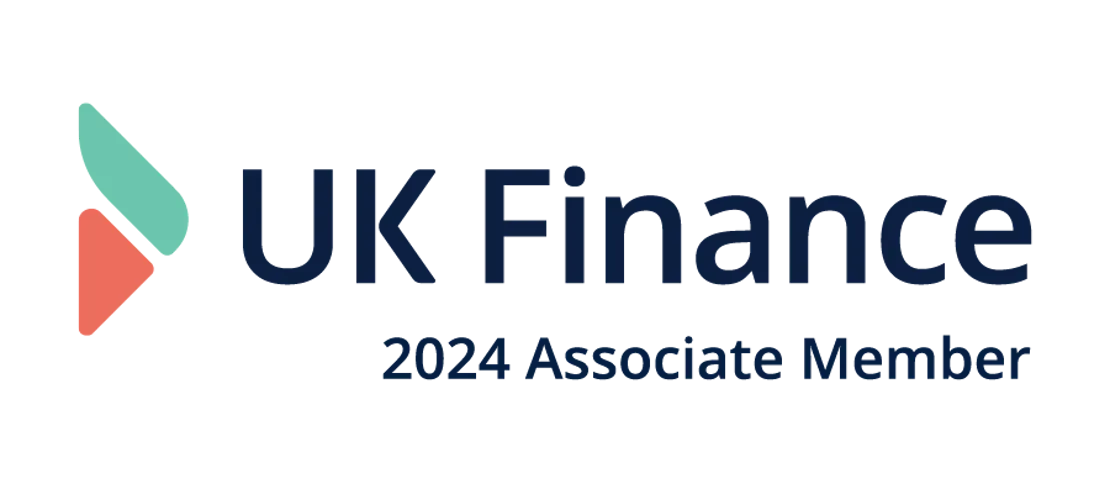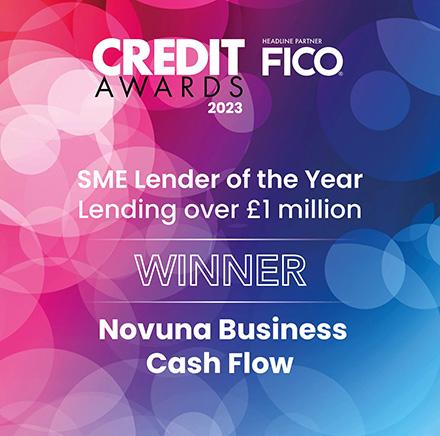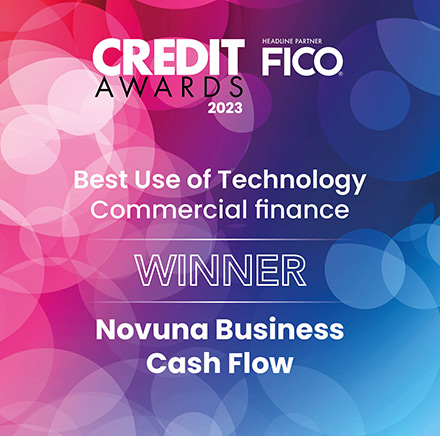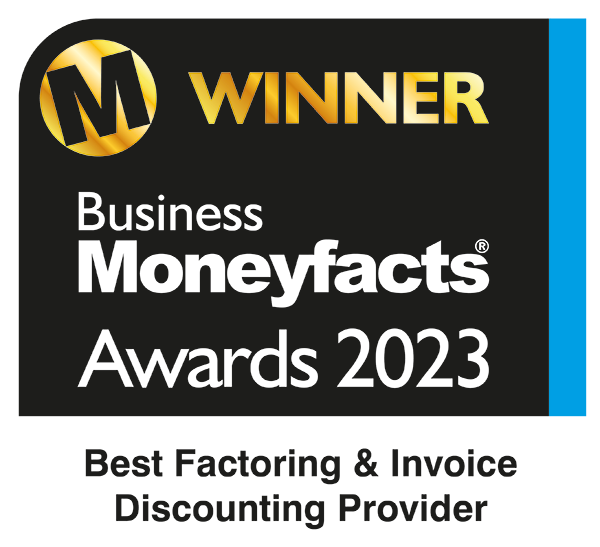
Recourse and Non-Recourse Factoring
Understand how both forms of factoring work and which one is right for your business.
Boost your cash flow with invoice factoring
We compare all invoice factoring options for you, so you can rest assured you'll get the right product and the best deal for your business. Get a quote online or call us on 0808 250 0859 to speak to one of our invoice factoring experts.
Useful Links
Pages in this SectionWhat is recourse factoring?
Resource factoring is a form of finance where a company sells its invoices to a factoring company. The factor pays the company a percentage of their cash value and then chases up payment of the invoices on behalf of the company.
Once full payment is received the factor reimburses the company with the remaining balance of the invoice and this is all done for a fee.
The agreement with recourse factoring is that if an invoice is unpaid or paid late then the company will have to absorb the costs not the factor and buy back the invoice.
What is non-recourse factoring?
Non-recourse factoring is a form of finance where a company sells its invoices to a factor and receives a percentage of the cash value from them. The factor will then chase up the invoices and once full payment is received will reimburse the company with the remaining balance of the invoice.
The agreement with non-recourse factoring is that, within certain conditions, if the payments are late or unpaid then the factor absorbs the costs, the company does not have to worry about debt created by unpaid invoices.
Advantages and disadvantages of recourse factoring
Advantages of recourse factoring:
- It's a cheaper form of finance than non-recourse factoring
- Less stringent credit checks made on the invoice clients than with non-recourse factoring
- The approval process is likely to be quick
- Most of the invoices value is paid to the company
Disadvantages to recourse factoring:
- The company, not the factor, is liable for any unpaid invoices.
- If the company can’t afford the debt created by unpaid invoices then further action can be taken by the factoring company to retrieve it
Advantages and disadvantages of non-recourse factoring?
Non-recourse factoring advantages:
- It can be a risk free form of finance
- Beneficial for companies whose main business comes from a small number of customers
Non-recourse factoring disadvantages:
- The cost of this type of finance can be high
- The terms by which unpaid invoices will be covered by the factoring company can be narrow so under certain circumstances the company may still be liable for unpaid debt
- It can be difficult to secure non-recourse factoring finance as the factor takes on more risk so applications can be lengthy and thorough
What are the main differences between recourse and non-recourse factoring?
The differences between recourse and non-recourse factoring are essentially who becomes liable for debt created by the non payment or late payment of invoices.
With recourse factoring finance if an invoice is unpaid or paid late to the factor then it is up to the company to buy back the invoices and either settle the debt or chase up payment with its customers.
With non-recourse factoring finance if an invoice is unpaid or paid late to the factor it is the factoring company who absorbs the debt.

Get in touch today
Contact our friendly UK advisors on our freephone
0808 250 0859
8:45 - 17:15 - Monday to Thursday &
8:45 - 16:45 - Friday
Why choose Novuna Business Cash Flow?
6 month trial period
![]()
A 6 month trial period so you can be sure the product is right for you, followed by a 6 month rolling contract – we don’t tie our clients in for long periods.
Digital onboarding
![]()
We are the first in the market to offer a digital onboarding process and have been leading the way with our digital capabilities allowing clients to sign up within 24 hours from the first appointment.
Client trust account
![]()
Once you become a client you will be given your own trust account, meaning you will get same day availability on your funds. You can also view all of your invoices and payments online at a time suitable to you, 24/7.
No uncleared effects
![]()
We have heavily invested in our digital capabilities. This includes the auto allocation of payments using Artificial Intelligence. Ultimately this advance in technology means that our clients access money quicker as well as saving money on interest charges due to auto allocation.
Simple pricing
![]()
We aim to make the process of Cash Flow finance as simple and straightforward as possible. Our pricing is very straightforward to understand. For a no obligation quote or an informal chat you can call our friendly team today on 0808 250 0859.
Award winning service
![]()
We offer award-winning client services and individual Relationship Managers who are on the other end of the phone or out in the field to visit you in person.
We are an award winning factoring company
We come highly recommended by our customers


"The communication and support has been outstanding. Providing me with all the information I needed regarding new clients coming onto our books. The system they use is so user friendly and the drawdown payments are very efficient in the fast moving world of temporary payroll."
Read full reviewFactoring have been revolutionised with our digital onboarding process

More factoring products by Novuna Business Cash Flow
Want to learn more about how you can boost your businesses cash flow?
Our Cash Flow Resource Hub has been set up to help SME's with cash flow finance advice, tips and resources to help with their cash flow position.
We explore ways you can begin improving your cash flow situation and start getting your business on track to positive cash flow.








